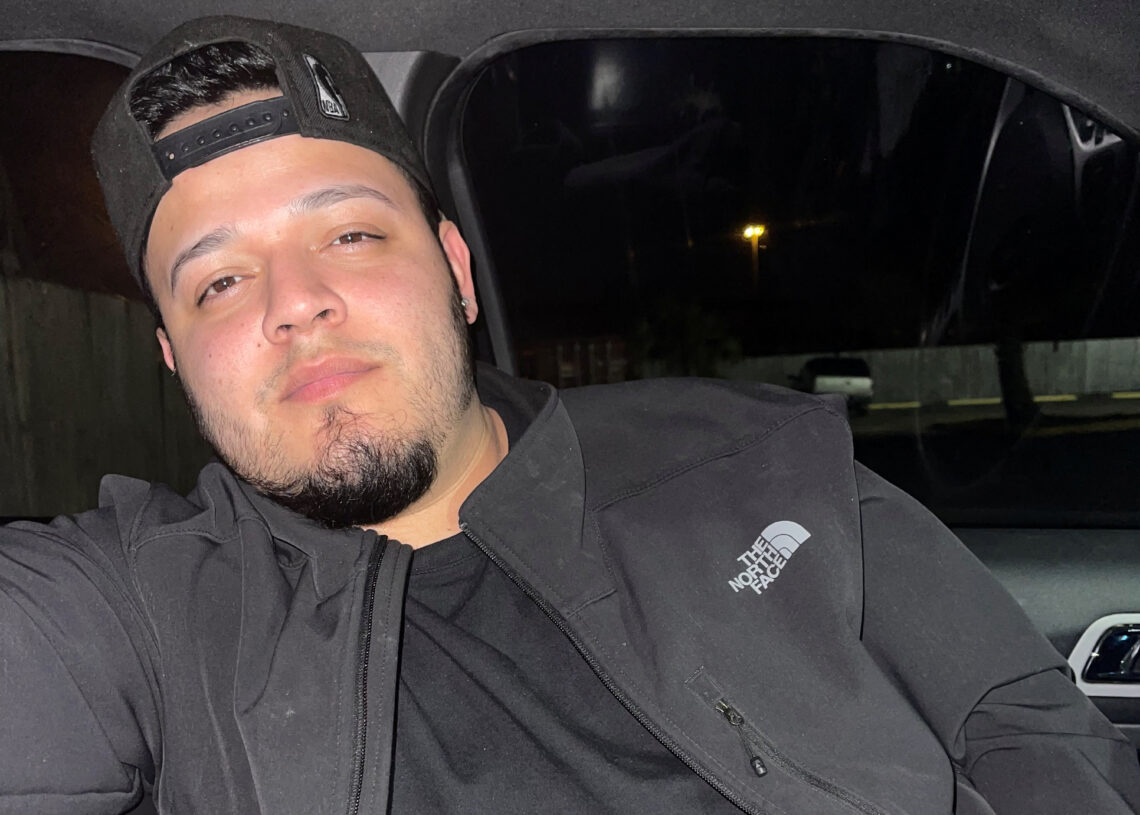“Welcome to the CECOT. He who enters here does not leave.” It sounds like the inscription Dante came across over the entrance to hell, but it was a guard at the Centro de Confinamiento del Terrorismo (CECOT), a maxi-prison located in El Salvador, who uttered those words. It is hard to see where, given a choice, the recipient of the dire warning, well-known Salvadoran migrant Kilmar Armando Abrego Garcia, would prefer to be. The 29-year-old was deported from the United States and locked up in his home country of El Salvador, except for being recently brought back to the US. From documents filed in his defense by attorneys, some details about his detention have emerged.
The papers filed in Federal District Court in Maryland are yet another testimony to the constant danger faced by migrants, even legal ones, residing in the United States. Similar dangers are being faced by American democracy, which is currently in a substantial stand-by that allows a legal migrant to be deported to another country and, without trial, to be locked up in a prison with vicious prison conditions.
Garcia’s lawyers claim that their client and 20 other Salvadorans deported from the United States on March 15 were forced to stay awake and on their knees throughout the night, those who collapsed from exhaustion being beaten by prison guards. Deprived of access to bathrooms, they slept in metal beds without mattresses, in overcrowded cells with no windows and artificially lit 24 hours a day. Garcia reportedly lost 14 pounds after two weeks.
The lawyers’ request is now to immediately release their client from his detention in Nashville, Tennessee. Abrego Garcia had been unexpectedly brought back to the United States by the Trump administration about a month ago following several statements that it was impossible to bring him back. Garcia was returned to US soil in ord to face charges of smuggling undocumented migrants as an affiliate of MS-13, a transnational gang out of El Salvador that has been the subject of much rhetoric from the right. However, it is alleged in the lawyers’ appeal that Salvadoran prison authorities acknowledged that “he was not affiliated with any gang.” They would even specify that the tattoos, which Trump had publicly identified as a sign of gang affiliation, “were not gang-related.”They allege that Albrego Garcia was told that his “tattoos are fine.”
Now Abrego Garcia’s fate is less clear than ever, with no word on whether he will remain in jail, released on bail, or transferred to ICE custody. He could even be potentially sent abroad again, perhaps to another country, as other migrants have been. Decisions in this regard are awaited from Judge Paula Xinis, who had issued an order in April requiring the Trump administration to “facilitate” Garcia’s return to the US. Garcia’s attorneys therefore requested that his transfer to DHS be delayed, fearful that they might deport him again; the request was granted, but the possibility of his being sent back abroad remains.
Kilmar Abrego Garcia’s uncertain fate will be made clearer over the course of two upcoming hearings. The first in Maryland, in which it will become clear whether Judge Xinis will issue an order to prevent the Salvadoran’s deportation, and the second in Tennessee, which will address the defendant’s new criminal charges. In the meantime, Garcia will remain in federal custody in Nashville.










